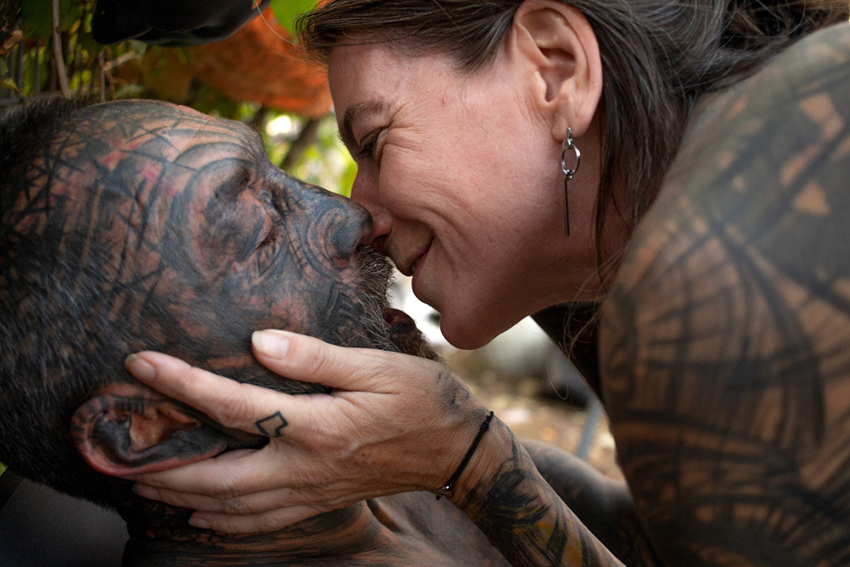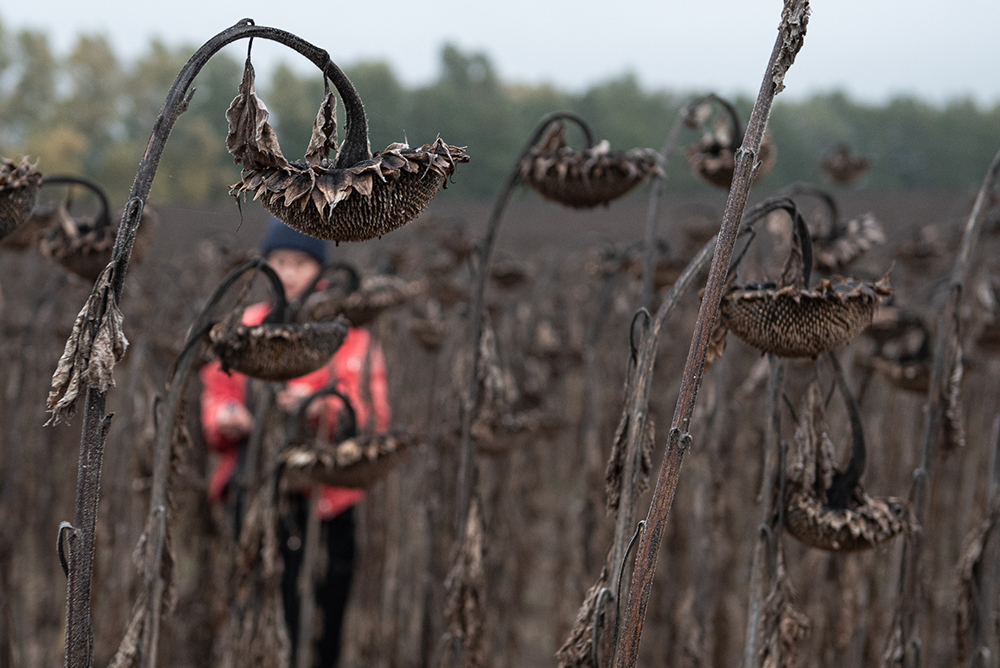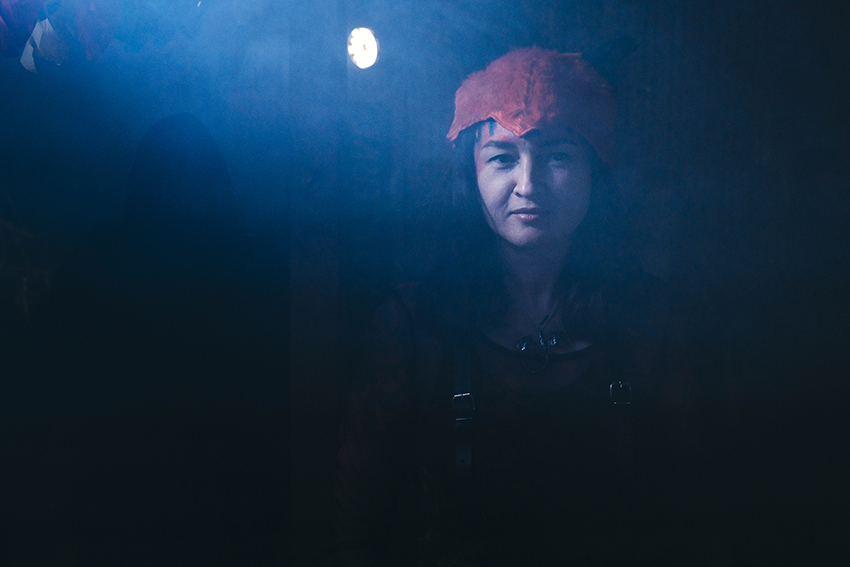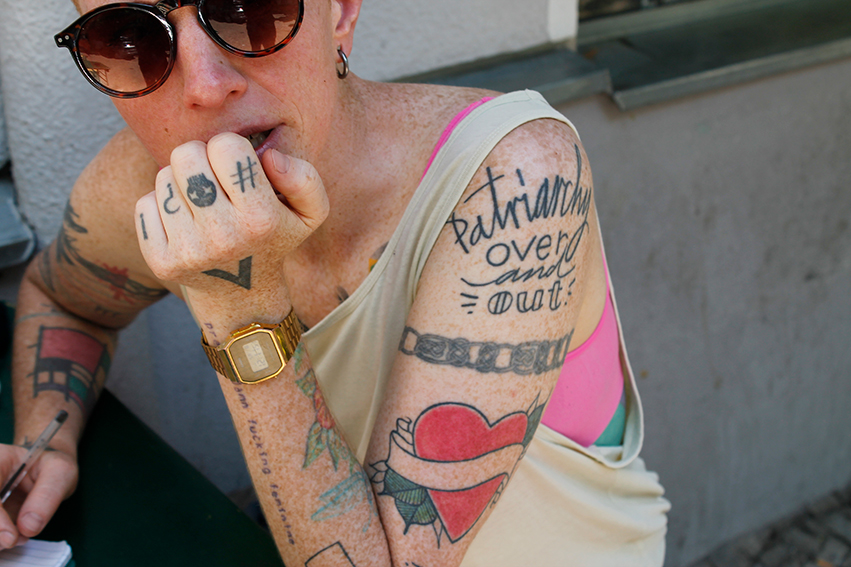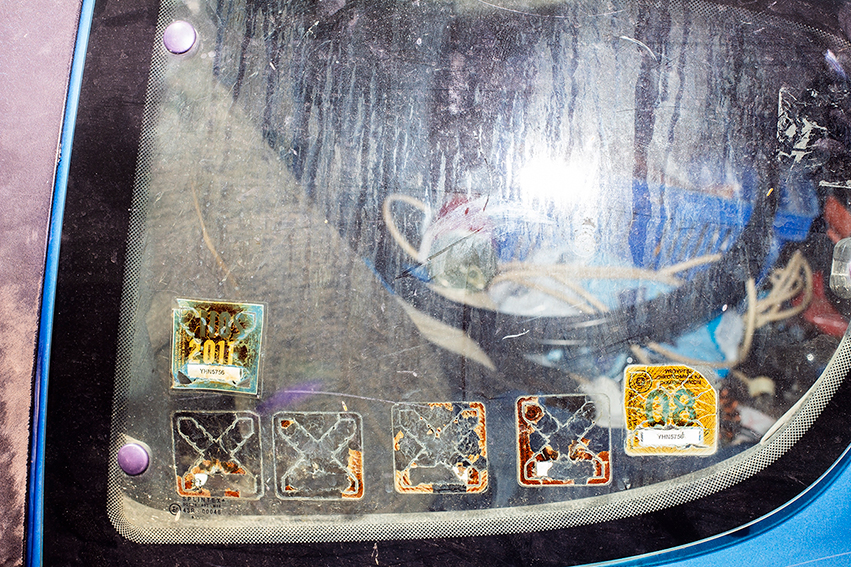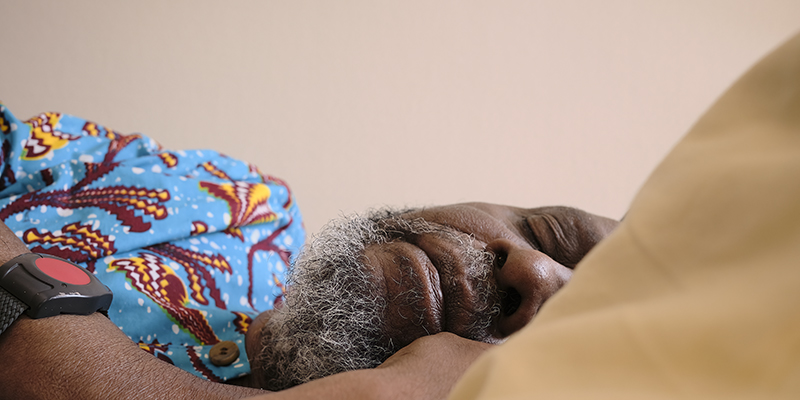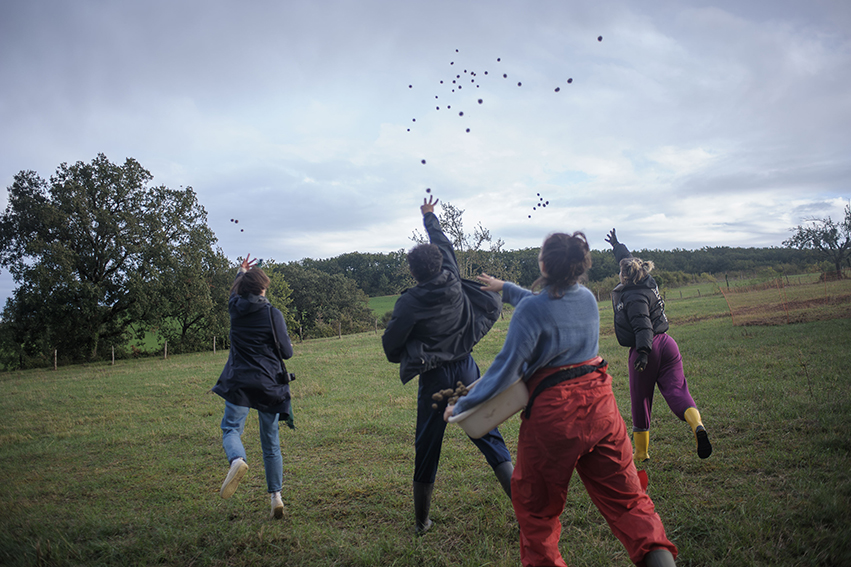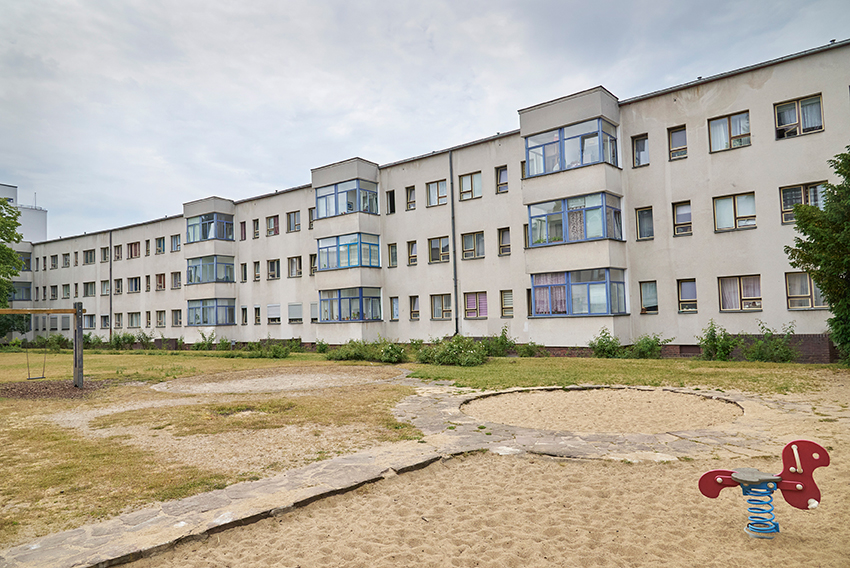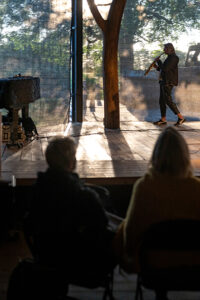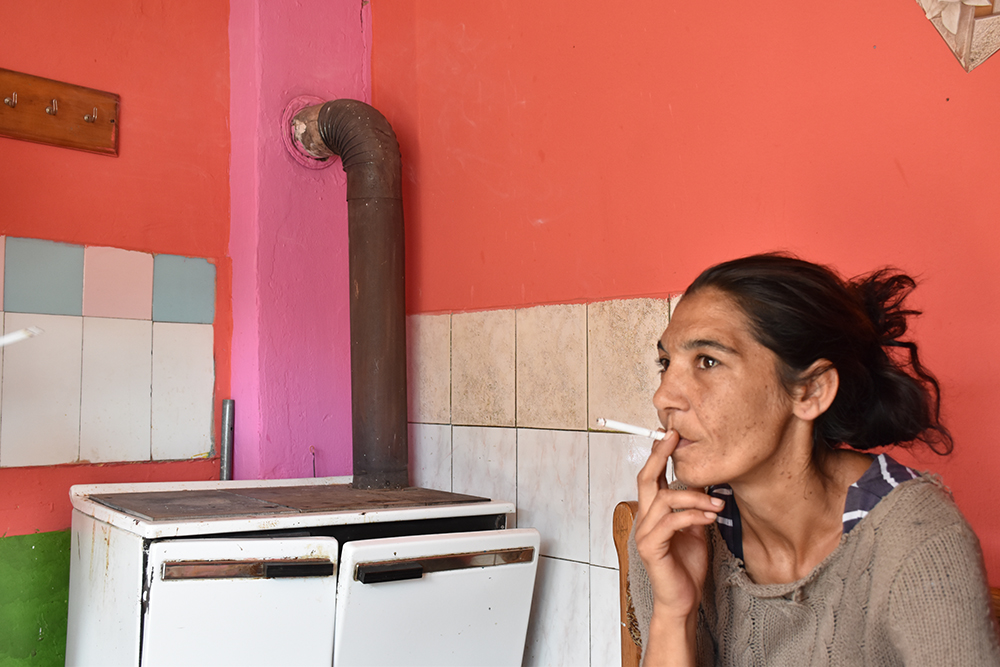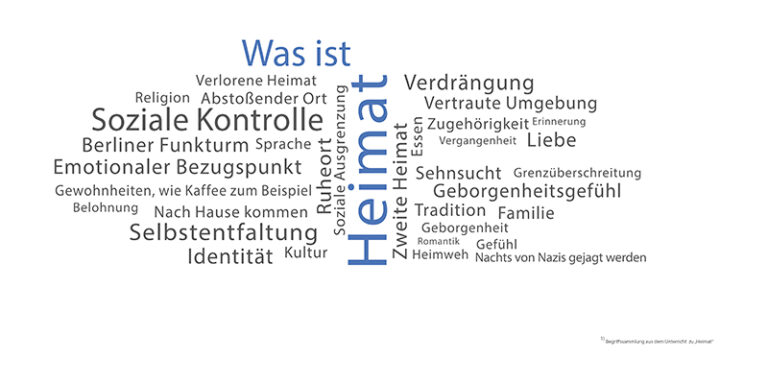
Reportages on living environments
Exhibition
Opening
Thursday 08. February, 7:00 pm.
Fotogalerie Friedrichshain
Helsingforser Pl. 1, 10243 Berlin
Opening Hours
Tue-Sat 14:00-18:00:
Thu 10:00-20:00
Heimaten?
„“Heimat” is a highly charged and controversial term in Germany. It is an abused term as well that is now also utilized by the far-right, neo-Nazi party (“Die Heimat”, formerly NPD).
„“In recent decades, the word has served as a discursive weapon to right-wing populists and extremists who deny the right to exist to all those people who do not conform to their ideal. For example, the far-right NPD calls itself the “social ‘Heimat’ party”.11)
And today it calls itself “Die Heimat”!
The term “Heimat” is also contradictory and ambiguous. It cannot be translated into any other language. In my mother tongue, for example, “Heimat” is translated as “at home”. There is also the German expression “zweite Heimat”, so there are several “Heimaten” in German.
„The German word ‘Heimat’ simply means on one hand the place where you are born, grew up and live - the place where you are at home. Yet ‘Heimat’ also contains both, an ambiguity of meaning and a high emotional charge that can be lost in translation, and is frequently used by the far-right and neo-Nazi groups for ideological purposes. The German term “Heimat” can simply stand for the place or the area where you were born and grew up, or where you live. For many people, such a place never existed, or they had to leave it, or it was taken away from them.
We had exciting and lively discussions about the meaning of German word “Heimat” in class. Different and diverse interpretations of this term emerged. The students in the reportage photography project class at the Photocentrum of the Gilberto Bosques Community College Friedrichshain-Kreuzberg come from many different countries. Some are from East or West Germany. For everyone, “Heimat“ means something different. Not only the place where you were born and grew up is important, but also the emotional connection, from security to exclusion and displacement.
The photographers’ works show a wide variety of ways how “Heimaten” are experienced. A wide range of facets of people‘s lifes are presented. Where is the center of their life? How do people experience being displaced from their homes? How do people who fled war create a new home for themselves?
Do I have a "Heimat" now? I don't know.
But I feel at home where people can laugh at themselves.
Where people don't have to know everything better.
And above all, where you don't have to be right
1) Fatma Aydemir & Hengameh Yaghoobifarah: "Your homeland is our nightmare"
Ann-Christine Jansson, photojournalist, concept and direction
reportages on living environments
„„Do not depict reality as it is, but describe it. A photo that is just an exact copy of the object will always just be a copy.““
Christer Strömholm, Swedish photographer 1918-2002
Photojournalism means approaching the foreign, getting involved and reacting to unforeseen situations. Above all, it means creating proximity to the counterpart, treating them with respect and revealing this. Images that are thus taken are a result of the tension between proximity and distance. Most importantly, Photojournalism means taking a position and clearly showing it in the photographic narratives.
Ann-Christine Jansson
